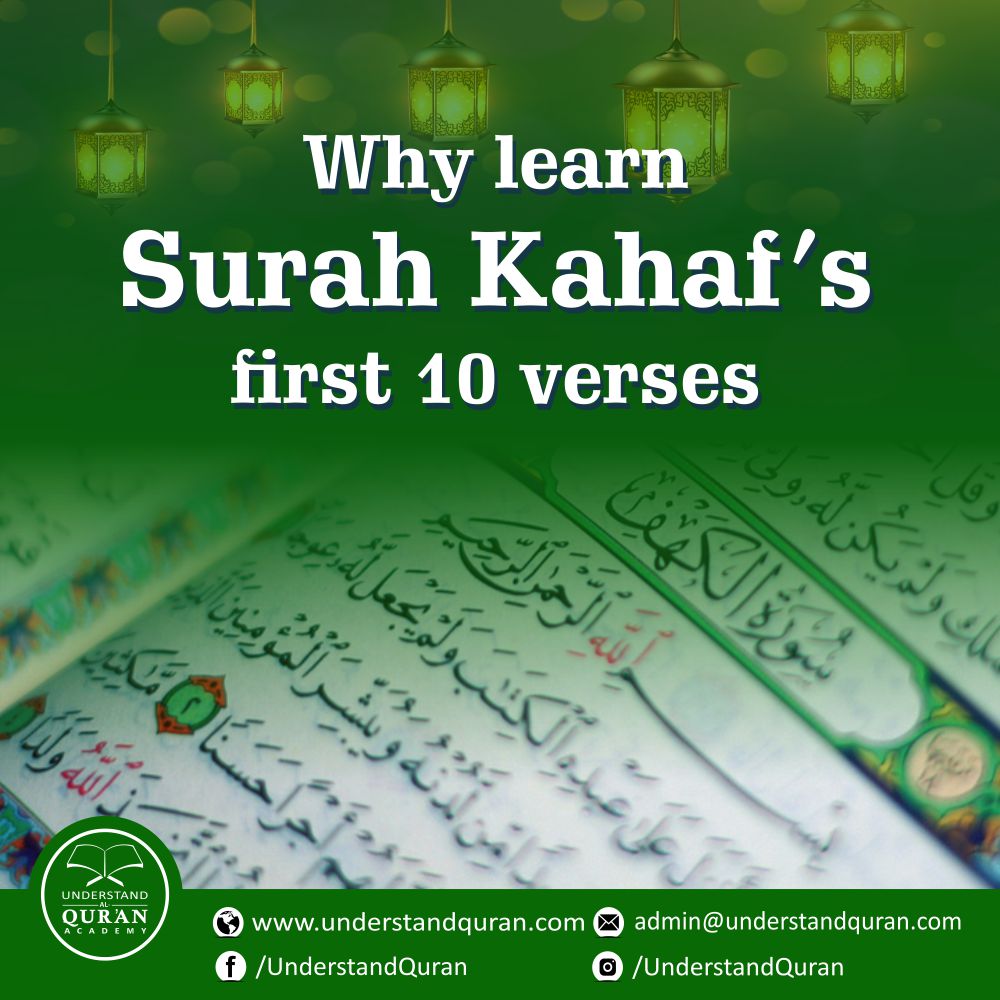What Does it Mean to Have Taqwa? Being A “Good” Muslim

In the previous article we looked at the definition of muttaqoon in verses 1 to 5 of Surah Baqarah. Now we will look at another definition of the word which occurs later in the same surah.
Definition #2
Righteousness is not that you turn your faces toward the east or the west, but [true] righteousness is [in] one who believes in Allah , the Last Day, the angels, the Book, and the prophets and gives wealth, in spite of love for it, to relatives, orphans, the needy, the traveler, those who ask [for help], and for freeing slaves; [and who] establishes prayer and gives zakah; [those who] fulfill their promise when they promise; and [those who] are patient in poverty and hardship and during battle. Those are the ones who have been true, and it is those who are the righteous. [2:177]
This verse actually gives a definition for birr (righteousness), and at the end Allah says that those with birr are the only* ones who are muttaqoon. So in that sense the two qualities are synonymous.
First of all Allah (swt) clarifies what birr is not. It is not moving your face to the east and the west in prayer. That is, righteousness is not just performing righteous acts of worship. There is much more to it.
So what is righteousness? A righteous person who
- believes in Allah , the Last Day, the angels, the Book, and the prophets
Did you observe the similarity of this definition with verse 2:1-5? Here Allah is elaborating what He already mentioned there. Believing in the unseen is believing in Allah, the Day of Judgment, angels and the prophets. Believing in Allah and the Last Day provides the strongest incentive of being righteous. When we are aware that Allah knows everything we’re doing, and that we have to answer for it on the Day of Judgment, our actions will automatically become purified.
- gives wealth, in spite of love for it, to relatives, orphans, the needy, the traveler, those who ask [for help], and for freeing slaves
Look at point number 4. Allah mentions zakah later, so what is Allah saying here? This is voluntary charity given above and beyond the obligatory zakah. And the order of people it is given to is important. Our relatives deserve our charity most, then orphans, then the needy, then travelers, then those who ask (which means the ‘needy’ mentioned already do not include those who ask), and lastly for freeing slaves.
- establishes prayer
- gives zakah
- fulfills their promise when they promise
Honestly, how many times have we missed appointments, or got there late, or cancelled in the last minute? Muslims should be known for their punctuality and credibility of their words, but unfortunately the opposite has become true. Sometimes we even use in sha Allah as an excuse – If we can’t make it, then it’s because Allah didn’t will it. This is exactly what Banu Israel did after harassing Musa (as) about the cow’s descriptions.
قَالُوا ادْعُ لَنَا رَبَّكَ يُبَيِّن لَّنَا مَا هِيَ إِنَّ الْبَقَرَ تَشَابَهَ عَلَيْنَا وَإِنَّا إِن شَاءَ اللَّهُ لَمُهْتَدُونَ
They said, ‘Call upon your Lord to make clear to us what it is. Indeed, [all] cows look alike to us. And indeed we, if Allah wills, will be guided.’[2:70]
The point is, if you have any doubt whether you can fulfill a promise or not, then don’t promise. It is better than making a promise and then breaking it.
- is patient in poverty and hardship and during battle
Lastly, the righteous person is patient in any condition, because he/she believes in Allah and in qadr, knowing that whatever hardship comes in the way, it is Allah’s decree, it is the best thing for me, and I will be rewarded for it.
At the end of the verse Allah says Those are the ones who have been true. Ibn Kathir explains this as meaning,
‘These are truthful in their faith. This is because they have achieved faith in the heart and realized it in deed and upon the tongue. So they are the truthful.’
And they are the only ones who are muttaqoon. May Allah make us among the muttaqoon.
*The form of the sentence ‘Ulaika hum …’ indicates exclusivity. In order to understand these subtle meanings of the Quran, reading translations is not enough. We need to learn Arabic. Start at UQ Academy with our course Learn 50% of the Quran in 9 hours.
Tabassum Mosleh









